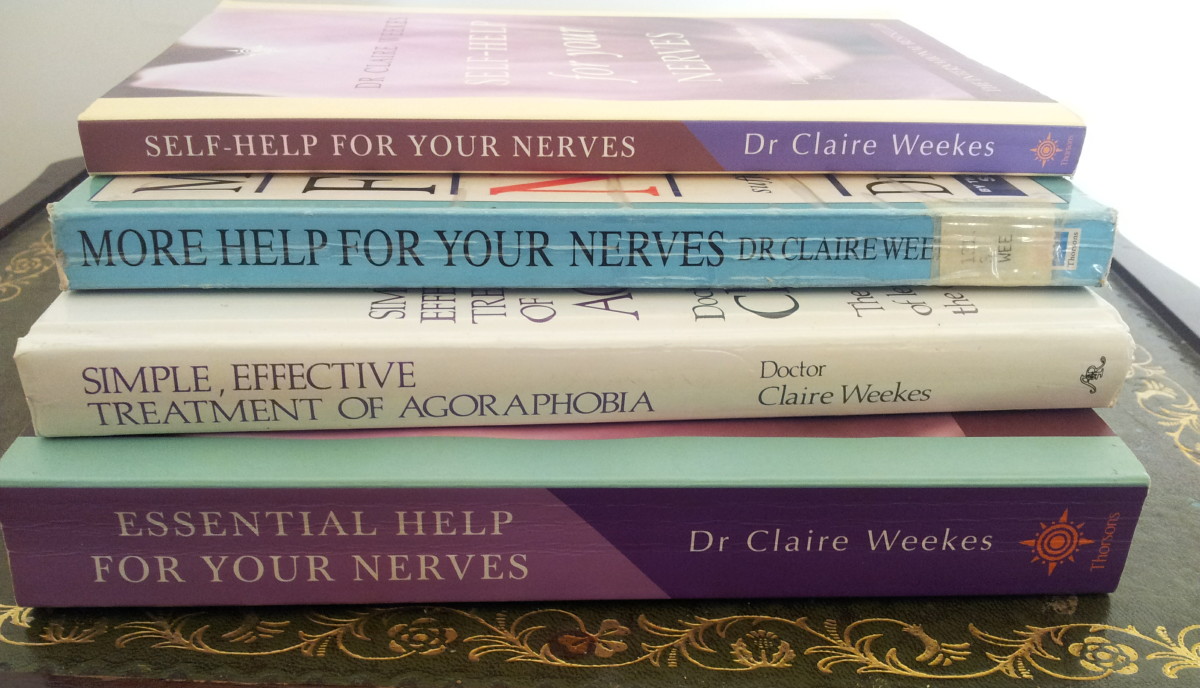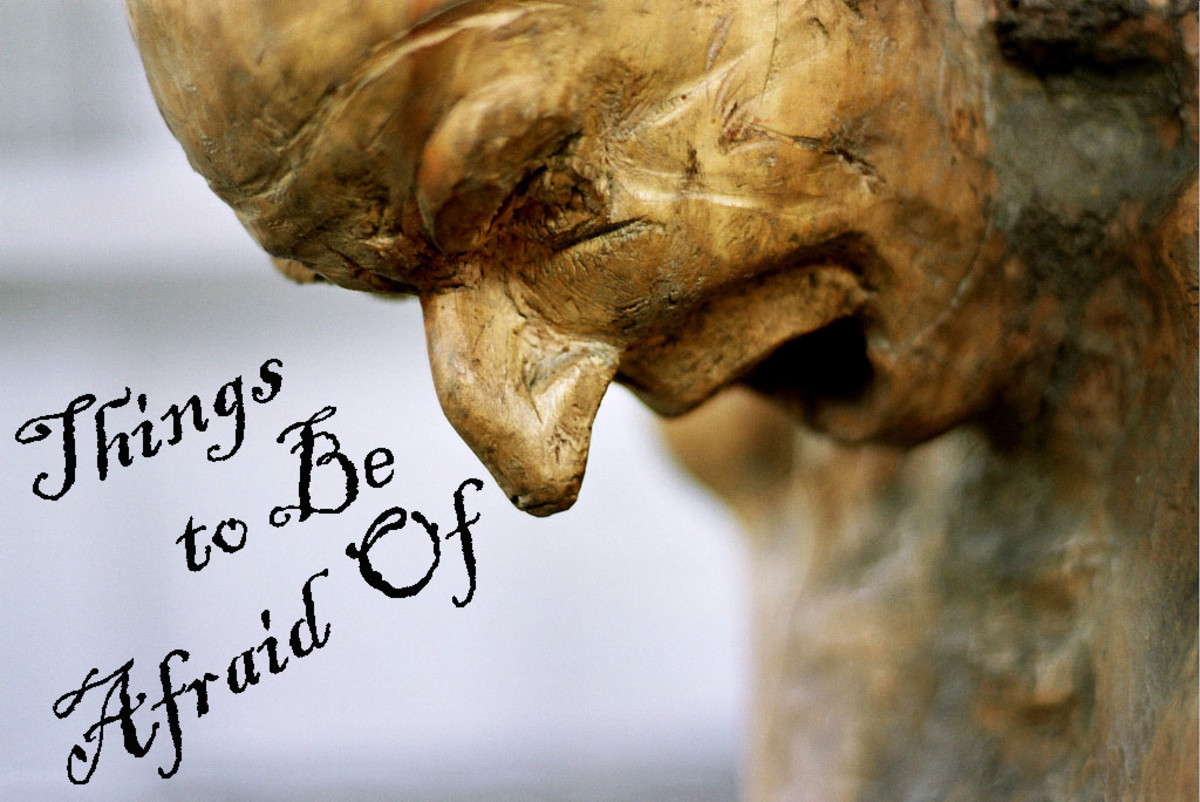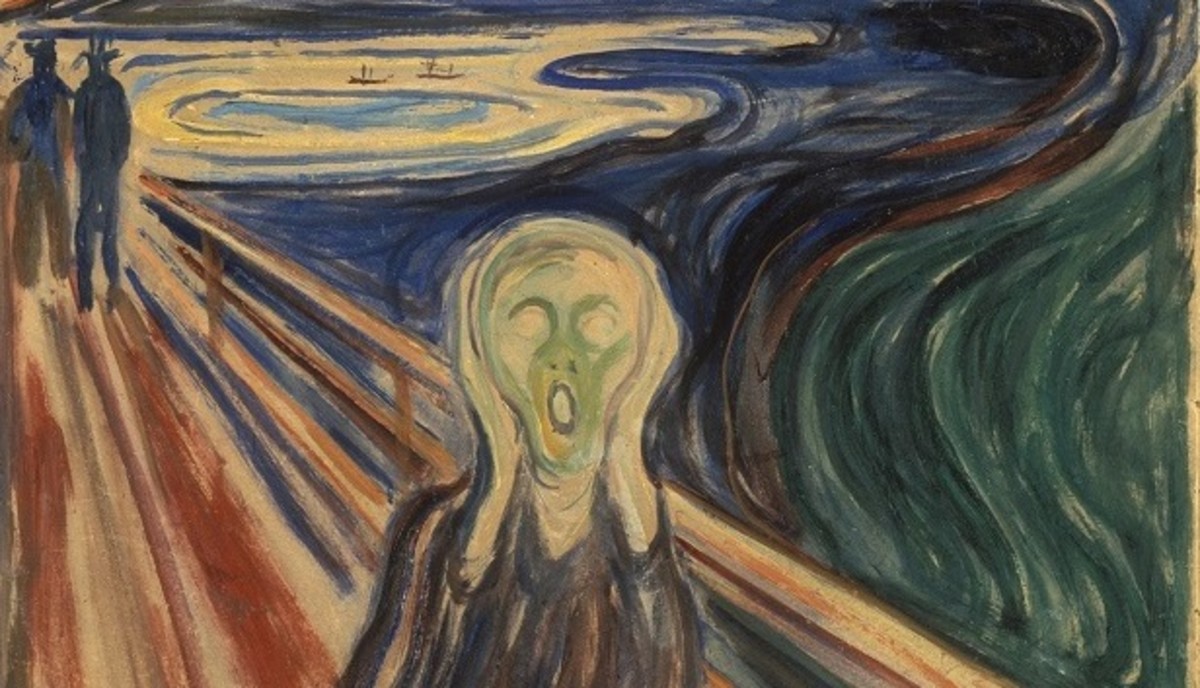Relief from Anxieties, Worries, Fears and Stress
Excessive Worry is No Good

Stress, Anxiety, Fears, and Worries
Anxiety and worry make it difficult to relax. A certain amount of worry is normal, but when it becomes overwhelming, it can interfere with your everyday activities. If you find yourself expending a lot of energy, having difficulty sleeping, and having a hard time concentrating you may have anxiety.
Anxiety is a primitive emotion that is activated when a person feels they are in danger or they feel threatened. When we have an emotional feeling, hormones set off chemicals within the body that off a series of physical reactions. Our hearts beat faster, our breathing gets shallow, our muscles tense, we get sweaty palms, our stomach may feel queasy and our hands and legs may tremble.
These reactions come from the fight or flight response. Adrenaline is one of the many chemicals released to prepare the body to make a quick escape. This response comes from a primitive part of brain, not the thinking part of the brain. The series of reactions happens so fast, our mind does not have time to process the situation to detect if the threat is real. It is all coordinated by our nervous system to start and stop the physical reactions.
Anxiety Comes From Many Things
Anxious thoughts will create these same reactions. Feeling uneasy, nervous, fearful, or a feeling of dread are all connected to anxiety. Anxiety can be mild to severe depending on the individual and the particular situation.
Some people can feel anxious if they are put in an unfamiliar situation, or they may have it when due to a fear of public speaking, or meeting new people if they suffer from varying severity of shyness.
Anxiety can come from taking a test, going on an interview, a big date, or a presentation. Even though these situations do not pose a life threatening situation, if a person feels threatened, it can prompt anxiety because they feel unsafe or insecure. People in these situations worry about embarrassment, loss of pride, acceptance and rejection, among other thoughts they may have.
A little anxiety is actually a good thing. A little anxiety can raise our performance level by making us more focused and alert. Too much anxiety can ruin our ability to perform. A person who is anxious is in a heightened sensory state.
Gain Control Over Your Worrisome Thoughts

Different Types of Anxiety Disorders
There are different types of anxiety disorders:
-
Generalized Anxiety - excessive worries about almost anything. They think the worst. People with generalized anxiety may also have physical ailments such as headache, chest pain, stomachache, tiredness, tight muscles, and vomiting,
-
OCD - obsessive compulsive disorder - these people have recurring thoughts and try to relieve them through repetitive actions.
-
Phobias - specific or intense fears that may not actually pose a threat. Phobic people use prefer to avoid situations that bring up these fears.
-
Social Phobia or social anxiety is a fear of speaking in front of others and in being in social situations
-
Panic Attacks - can occur unexpectedly with intense and sudden physical symptoms such as shortness of breath, rapid heartbeat, dizziness, tingling, numbness, as some examples. The body goes into overdrive from the normal fear response.
-
PTSD - or post traumatic stress disorder comes from a traumatic experience. People will have flashbacks and nightmares and can cause constant fear.
Our mind can’t tell the difference between real and imaginary fears. Both will set the flight or fight response in motion. People who feel dread, nervousness and fears activate a person’s stress response that make them feel as though they are threatened. Anxiety ensues because they feel insecure and unsafe.
Anxiety and Stress - How to Get Relief from Worries - Fears - and Overwhelming Feelings
Anxiety affects concentration, appetite, confidence, outlook, and sleep. Anxiety can be influenced by genetics, the biochemistry of the brain, stress, learned behavior, and even an overactive fight flight response. The chemistry of the brain is affected by the regulation of neurotransmitters which send out chemicals that affect emotions. People who have high anxiety can learn to manage their emotions so they can feel a greater sense of relaxation.
Cognitive Behavior Therapy (CBT) helps a person adapt to new ways to think and act to stressful situations. By learning new coping skills and relaxation techniques, breathing exercises, and changing thought processes, the mental health counselor can be a source of support and guidance to alleviate anxiety. Medication can be used if needed.
Anxiety disorders usually will not go away on their own. A mental health counselor can help a person deal with these feelings to get relief.
On your own, you can learn to do some biofeedback to relax your body and mind.
-
Deep breathing, and exercise like tai chi are very effective for the mind and body. When we breathe deeply, a nerve that runs from the stomach to the brain sends signals throughout the entire body that can help you relax.
-
It is important to get enough sleep, to eat right by choosing foods that give you energy and are good for you, and to get exercise. Exercise sends oxygen througout your body, energizing your cells from head to toe. When your brain is working at its best, so will you.
-
Make people connections. Doing things with people you feel close to and sharing fun times will help you feel happier and ease your upset feelings. Talking to someone you trust will help you better cope with situations and help you feel you are not alone.
-
Go out in nature. Ride a bike, take a walk, go hiking to gain a feeling of peacefulness.
-
Think positive and try to refocus your anxious thoughts on something good. Allow yourself the luxury of feeling good from positive thoughts.
It is natural to worry about things.
If your anxious thoughts are extreme, you may have anxiety disorder. A mental health therapist can help you in many ways to minimize the stress you are feeling.
Relaxation techniques
Work on Your Anxieties
Tips to Overcome Worry
If you are trying to combat your worrisome thoughts here are some tips:
-
compartmentalize the day into sections and focus on the moment
-
ask yourself what is the worst case scenario
-
prepare yourself for the worst if need be
-
challenge the worst thoughts
-
try to think logically
-
Get the facts. Remember that Dean Hawkes of Columbia University said that "half the worry in the world is caused by people trying to make decisions before they have sufficient knowledge on which to base a decision."
-
After carefully weighing all the facts, come to a decision.
-
Once a decision is carefully reached, act! Get busy carrying out your decision--and dismiss all anxiety about the outcome.
-
When you, or any of your associates, are tempted to worry about a problem, write out and answer the following questions:
-
What is the problem?
-
What is the cause of the problem?
-
What are all possible solutions?
-
What is the best solution?
-
Learn to Relax

Relief from Worry, Fears, and Anxiety
Worry can be a habit that you can break by:
-
keeping yourself busy
-
focus on things that make you happy
-
don’t exaggerate the worry
-
understand and accept what you can not change
-
don’t let the worry and anxiety take over you
You can be the calming change you need:
-
you are what you think
-
spend your energy doing constructive things
-
take some time to be grateful for what you have
-
give for the joy of giving
-
be yourself
-
think positive
-
be good to others and to yourself
-
use prayer to help yourself through tough the situation
Change your thinking, change your world.











